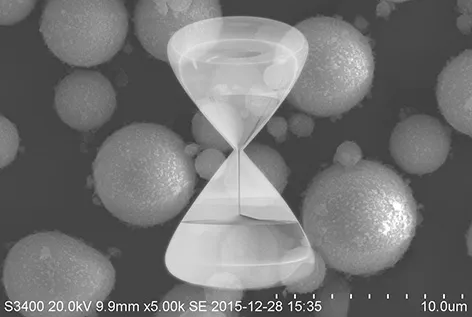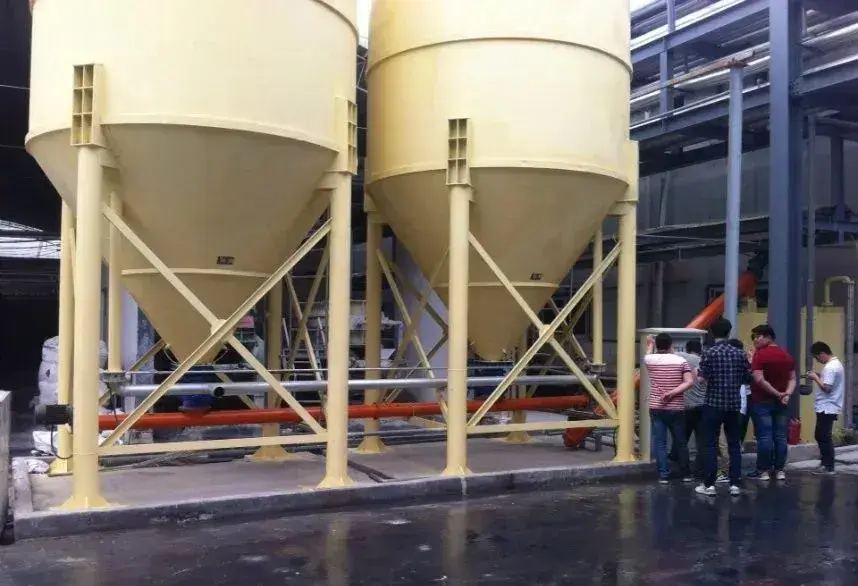Heavy calcium carbonate , with the chemical formula CaCO₃, is an inorganic compound composed of calcium and carbonate ions. It is widely found in the earth’s crust, including in natural minerals like limestone, coral, and shells. Due to its unique physical and chemical properties, heavy calcium carbonate has broad applications in various industries. In particular, it shows distinct advantages in fertilizer manufacturing and use. As an efficient and environmentally friendly material, it has great potential in agricultural production.
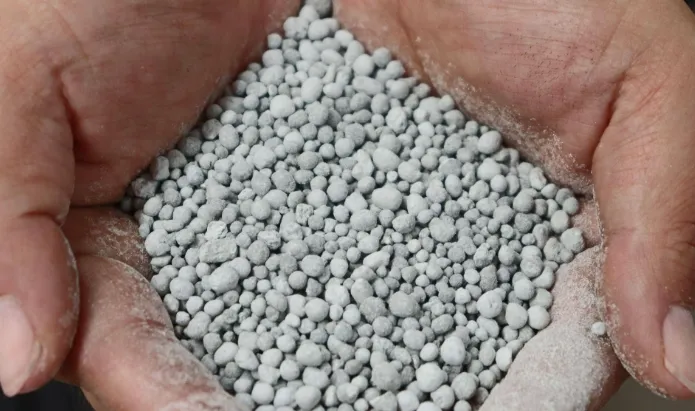
Chemical properties and advantages of heavy calcium carbonate
Heavy calcium carbonate is rich in calcium and magnesium ions, which are crucial for plant growth. These ions not only provide essential nutrients but also improve soil structure, raise soil pH, and regulate soil acidity. Compared to traditional chemical calcium fertilizers, heavy calcium carbonate has higher bioavailability and can continuously improve soil quality with long-term use, enhancing agricultural productivity.
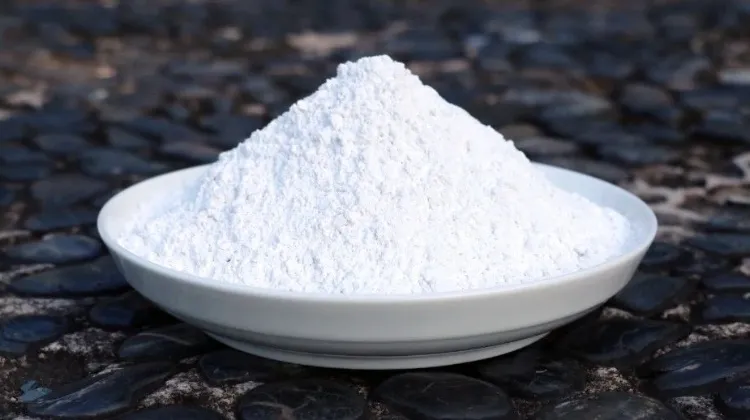
The role of heavy calcium carbonate in fertilizer application
Provides calcium required by plants
Ground calcium carbonate (GCC) primarily provides the calcium needed by plants. Calcium is one of the essential nutrients for plant growth and plays a critical role in their development. It regulates physiological functions in plants and increases the mechanical strength of plant cell walls, allowing plants to better withstand environmental pressures such as strong winds and heavy rain. Additionally, calcium enhances plant resilience, enabling them to better protect themselves against pests, diseases, and other adverse conditions.
Adjusting Soil pH
In agricultural practices, ground calcium carbonate (GCC) is also used as a soil conditioner. In acidic soils, adding GCC effectively adjusts the soil pH, making it more suitable for crop growth. Soil pH is a key factor influencing crop growth; overly acidic or alkaline soils can reduce both yield and quality. By adding the right amount of GCC, the soil pH can be maintained within the optimal range for plant growth, enhancing soil fertility and promoting healthy crop development.
Improve fertilizer utilization
In agricultural practices, ground calcium carbonate (GCC) is also used as a soil conditioner. In acidic soils, adding GCC effectively adjusts the soil pH, making it more suitable for crop growth. Soil pH is a key factor influencing crop growth; overly acidic or alkaline soils can reduce both yield and quality. By adding the right amount of GCC, the soil pH can be maintained within the optimal range for plant growth, enhancing soil fertility and promoting healthy crop development.
Application method of heavy calcium carbonate in fertilizer
Direct application
Heavy calcium carbonate can be directly used as a calcium-magnesium fertilizer. Based on soil test results and crop requirements, heavy calcium carbonate is mixed with other fertilizers in specific proportions and then applied to the soil surface before tilling to ensure even distribution. This method is suitable for all types of farmland, especially for soils lacking calcium and magnesium elements.
Compound fertilizer addition
In the production of compound fertilizers, ground calcium carbonate (GCC) can be used as one of the raw materials, mixed with other nutrients to create a compound fertilizer. This type of fertilizer not only provides the necessary calcium and magnesium for plants but also includes other essential nutrients such as nitrogen, phosphorus, and potassium. Using compound fertilizers can improve fertilization efficiency and reduce the number of applications required.
Foliar spray
Ground calcium carbonate (GCC) can also be supplied to plants through foliar application. By dissolving GCC in water and using spraying equipment, it can be evenly applied to the plant’s leaves. This method is suitable for quickly supplementing plant nutrients, especially during the growing, flowering, and fruiting stages, effectively enhancing crop yield and quality.
Soil Conditioner
Heavy calcium carbonate can also be used as a soil conditioner. When mixed with soil, it helps improve soil pH and structure, enhancing soil aeration and water retention. This is particularly important for the improvement of saline-alkali soils and acidic soils.
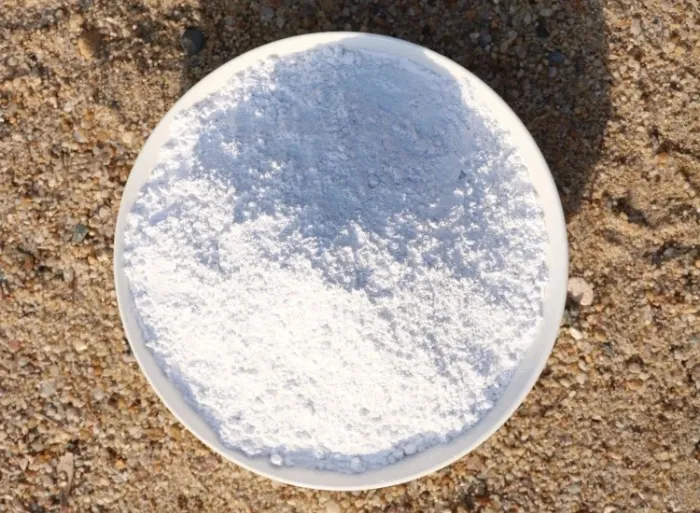
conclusion
Heavy calcium carbonate plays a vital role in fertilizer manufacturing and use. Its ability to supply essential nutrients like calcium and magnesium, regulate soil pH, improve fertilizer efficiency, and enhance soil quality makes it an invaluable resource in agricultural production. By incorporating heavy calcium carbonate into fertilizers, farmers can promote healthier crops, improve yield, and foster sustainable farming practices.
epic powder
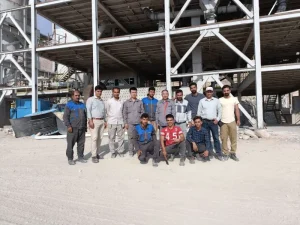
Epic Powder, 20+ years of work experience in the ultrafine powder industry. Actively promote the future development of ultra-fine powder, focusing on crushing,grinding,classifying and modification process of ultra-fine powder. Contact us for a free consultation and customized solutions! Our expert team is dedicated to providing high-quality products and services to maximize the value of your powder processing. Epic Powder—Your Trusted Powder Processing Expert !
